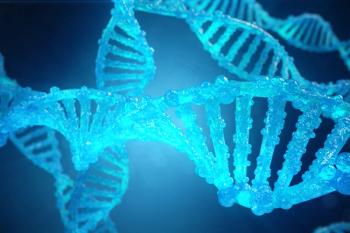
Interim data from the phase 1/2 CAMPSIITE trial were presented at WORLDSymposium 2023.

Interim data from the phase 1/2 CAMPSIITE trial were presented at WORLDSymposium 2023.
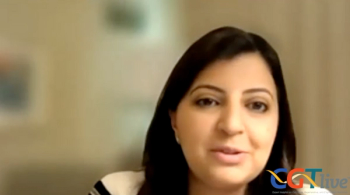
Al-Zaidy, the vice president of clinical development and lead on the GM1 Program at Passage Bio, discussed the results of the phase 1/2 Imagine-01 clinical trial of PBGM01.

Following treatment with AT845 gene therapy, 3 of 4 patients withdrew from their previous enzyme replacement therapy.
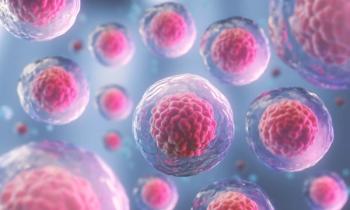
Long term data from 2 clinical trials and expanded access programs were presented at WORLDSymposium 2023.
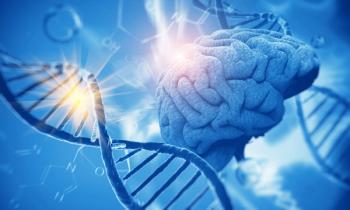
The patient has not re-started any of his previous Gaucher-specific therapy since receiving AVR-RD-02.
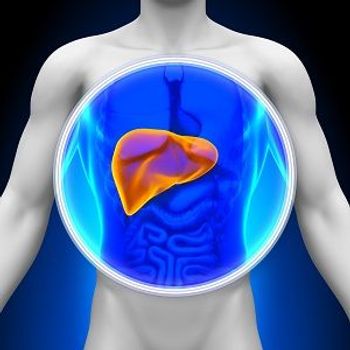
Two patients treated with AVR-RD-02 showed clinically meaningful reductions in liver size.
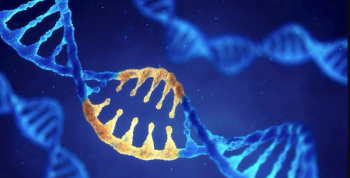
FBX-101 showed promising efficacy and has been well-tolerated so far in the RESKUE trial.
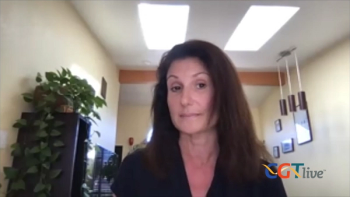
The associate professor from UC San Diego discussed promising efficacy and safety data from a phase 1/2 trial.

The associate professor from UC San Diego discussed the ongoing phase ½ trial of CTNS-RD
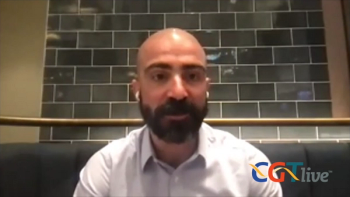
The director of research and development at AVROBIO discussed the molecular follow-up of cell therapies.
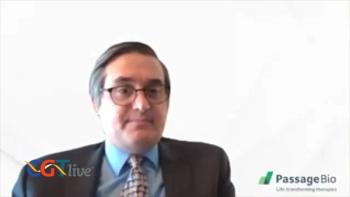
The senior vice president of clinical development at Passage Bio discussed biomarker activity seen in the IMAGINE-1 trial.
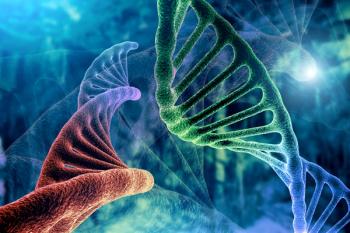
The trial design was informed by both patient and physician perspectives.

Updated data were presented on LYS-SAF302 and LYS-GM101 at WORLDSymposium.

The director of research and development at AVROBIO discussed the analytical pipeline the company has developed for molecular follow-up of cell therapies.
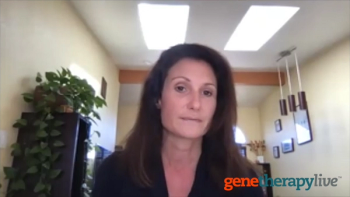
The associate professor from UC San Diego discussed the curative potential of gene therapy in cystinosis.
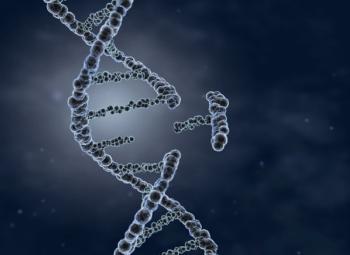
Passage Bio presented data on both the Krabbe and GM1 gangliosidosis programs at WORLDSymposium.
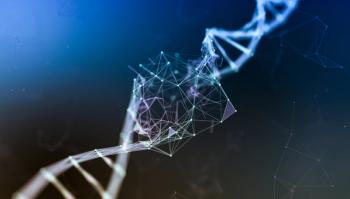
Interim safety data from the FORTIS study were presented at WORLDSympsoium.
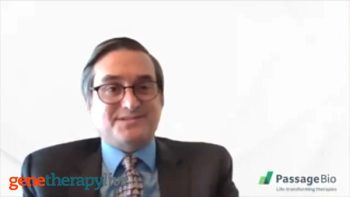
The senior vice president of clinical development at Passage Bio discussed new data from the IMAGINE-1 trial presented at WORLDSymposium.
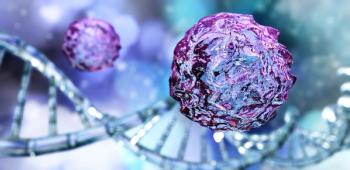
AVROBIO presented data on their analytical pipeline and exploratory studies of molecular follow-up from their lentiviral cell therapy products.
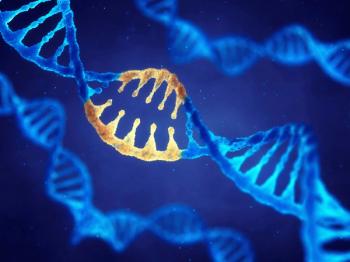
Positive results from a phase 1/2 study of AXO-AAV-GM1 were presented at WORLDSymposium.

The dual-mechanism of the therapy helps address both systemic and organ-specific deficits.
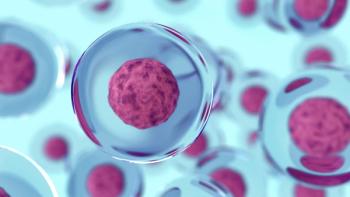
Interim data from trials of RGX-121 and RGX-111 were presented at WORLDSymposium 2022.
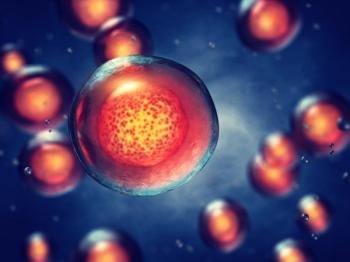
The LV-HSCGT therapy has demonstrated efficacy in preclinical studies in mouse models.
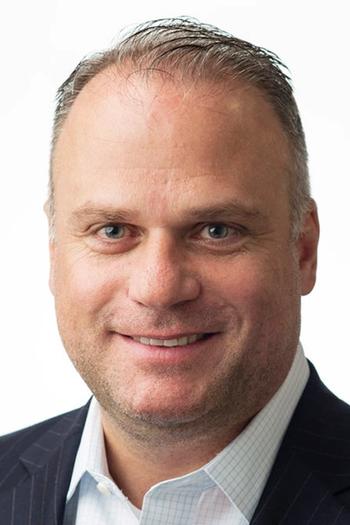
Orchard Therapeutics released its plans for 2021, which included the launch of OTL-200 (Libmeldy) in Europe and development of an FDA submission strategy in the United States.
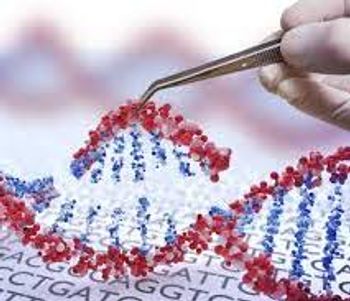
Descriptive findings from the phase 1/2 study allude to promise for the gene therapy in the rare pediatric disorder.
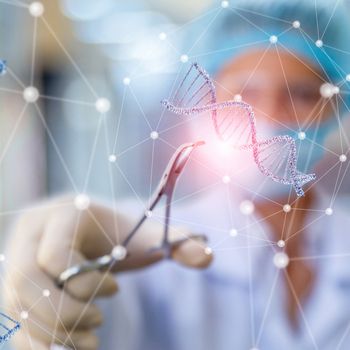
New phase 2/3 findings meet investigators' hypotheses on the gene therapy's mixed benefits for heparan sulfate reduction.
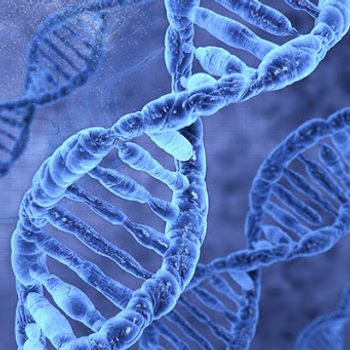
The AAV-based gene therapy was well-tolerated and showed enough promising effect to warrant further investigation, researchers reported.
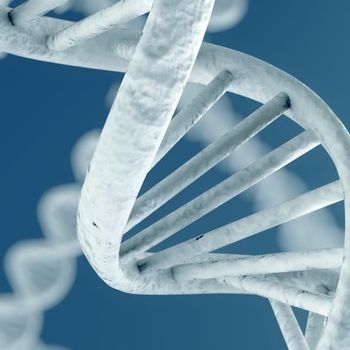
Investigators observed sustained, dose-dependent benefits for young patients at 24 months.

FLT201 is a combination of AAVS3 capsid and a liver-specific promotor to drive the expression of GCasevar85.
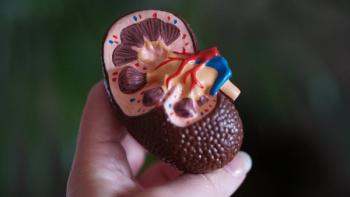
New WORLDSymposium findings show a treated patient had 100% reduction in the accumulating fatty substrate associated with the burdensome rare disease after 1 year.